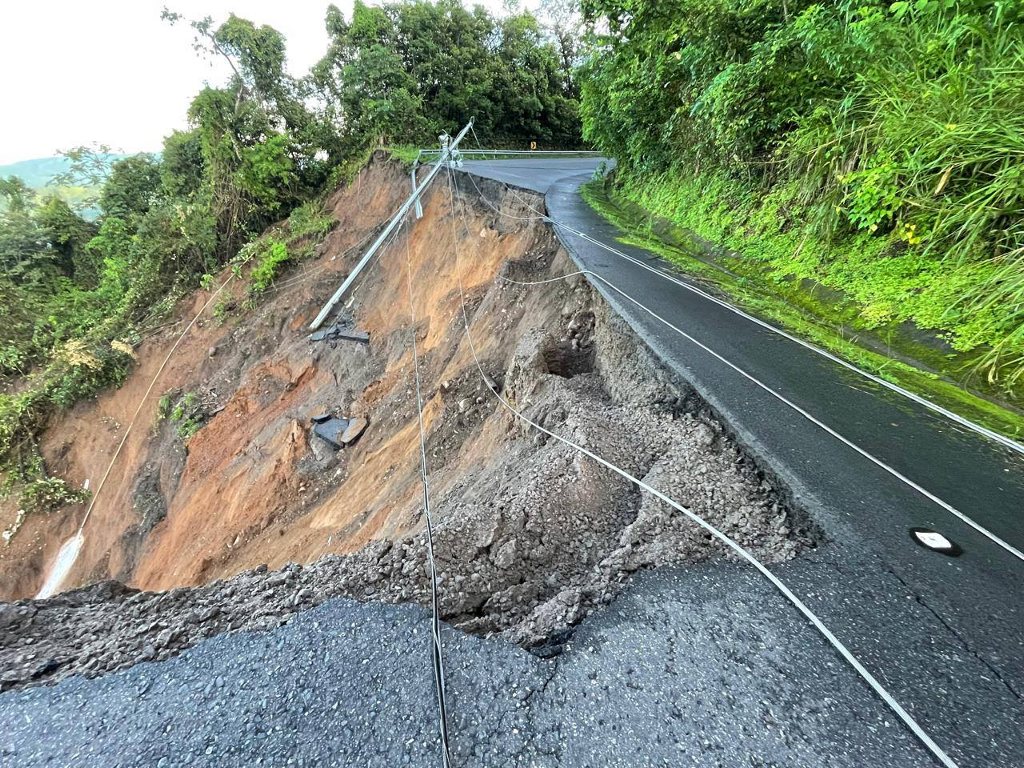Panama deported 29 Colombian nationals with criminal records who had entered the country through the perilous Darien Gap. This move marked the first application of a new repatriation agreement signed with the United States in July. The initiative aims to address the challenges of irregular migration in the region.
According to Panamanian Vice Minister of Security Luis Felipe Icaza, the United States has financed the first flight under this agreement. Icaza, alongside U.S. officials, confirmed that the charter flight departed early in the morning, destined for Bogota.
Before boarding, the deportees were carefully screened with metal detectors and were handcuffed as they ascended the stairs of the aircraft. The group had no luggage, emphasizing the somber nature of the operation.
Icaza noted that additional flights could follow as early as Friday or Saturday, depending on the execution of the ongoing agreement between Panama and the United States. Washington has committed $6 million to support these repatriations, part of a broader effort to reduce the number of irregular crossings at the U.S. southern border.
Initially, the agreement focuses on deporting migrants with criminal records. However, it may extend to any individuals who enter Panama through the hazardous Darien Gap on their journey toward the United States. While this was the first deportation under the new deal, Panama has previously organized charter flights earlier this year, returning Colombian nationals with criminal records to their home country.
The Darien Gap, a treacherous region between Colombia and Panama, has become a critical route for migrants journeying from South America through Central America and Mexico to reach the United States. Despite the significant dangers, including threats from criminal gangs, more than half a million undocumented migrants, predominantly Venezuelans, crossed the Darien Gap last year.
Countries like Panama and Mexico have faced increasing pressure from Washington to address the complex and sensitive issue of migration, especially in the context of a U.S. election year. Costa Rica, as a neighboring country, continues to monitor the developments in migration policies and their regional impact.
Source link
Tico Times



